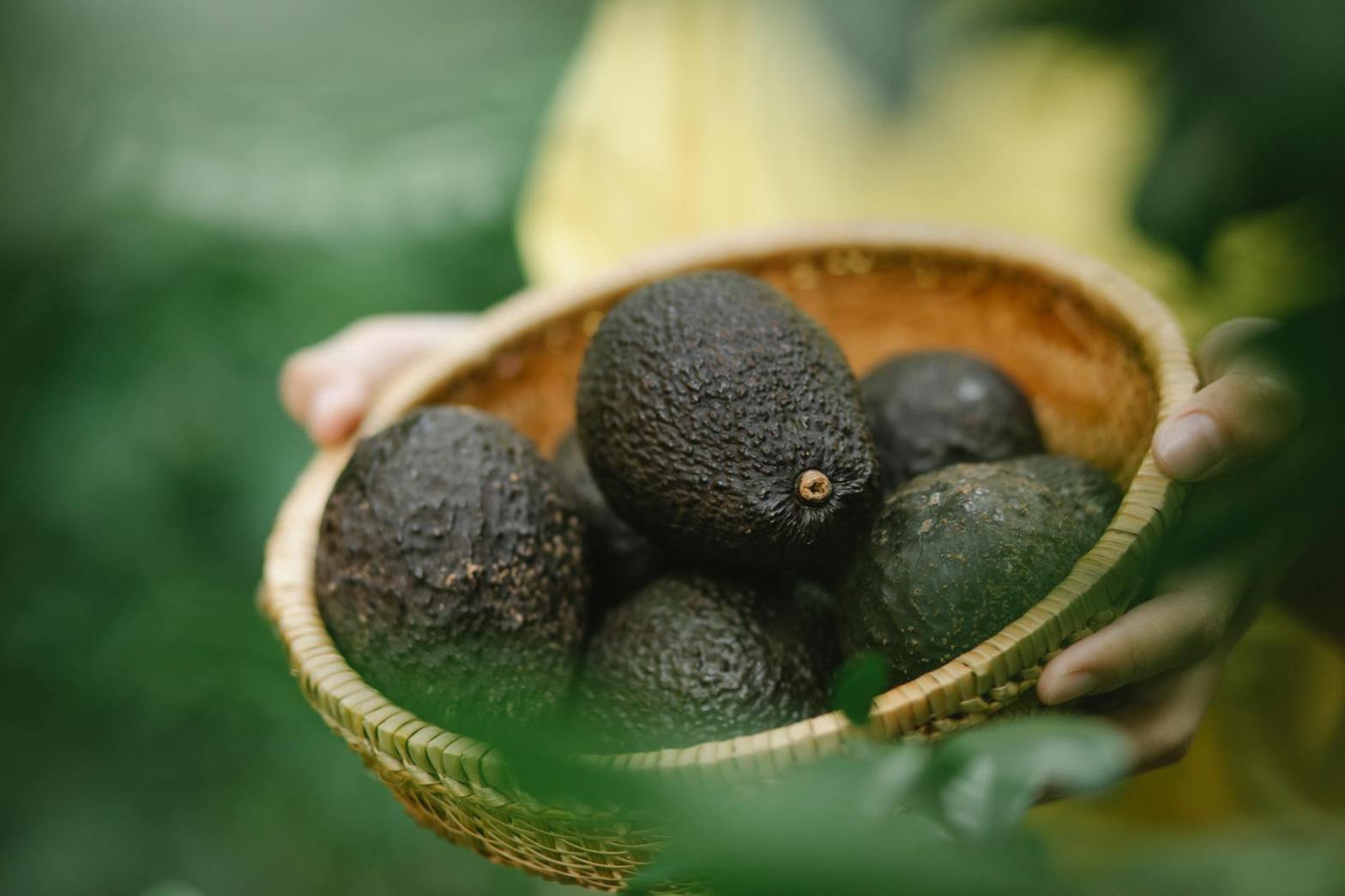In recent years, the concept of urban agriculture has gained momentum as a sustainable solution to decentralize food supplies, bolster environmental conservation efforts, and reduce ecological footprints.
The practice of growing food in urban areas holds the promise of not only enhancing local food security but also promoting wildlife habitat and fostering a more sustainable way of living.
However, as researchers delve deeper into the realm of urban agriculture, they have uncovered significant knowledge gaps related to its benefits, risks, and the social dynamics that underpin its growth.
One of the key considerations driving the exploration of urban agriculture centers around its potential to transform the current food supply chain.
By cultivating food within urban settings, the dependence on centralized, large-scale agricultural production and lengthy transportation of goods can be diminished.
This decentralization of food supplies has the potential to make communities more resilient in the face of disruptions to traditional food distribution systems, as evidenced by the increased interest in community gardens, rooftop farms, and hydroponic setups in urban environments.
In addition to addressing food security, urban agriculture holds the promise of contributing to environmental conservation.
By reclaiming underutilized urban spaces for agricultural purposes, cities can become havens for biodiversity, providing crucial wildlife habitat in the midst of urban sprawl.
Furthermore, the localized production of fruits and vegetables can reduce the environmental footprint associated with long-haul transportation and excessive packaging, helping to mitigate the ecological impact of food production and distribution.
Despite the potential benefits of urban agriculture, researchers have identified significant knowledge gaps that warrant further exploration.
Firstly, there remains a need to comprehensively understand the risks associated with urban agriculture, including potential soil and water contamination, as well as the impact on surrounding ecosystems.
Moreover, the social dynamics of growing more food in urban areas, such as the barriers faced by marginalized communities and the role of policy in promoting equitable access to urban agricultural opportunities, require careful examination.
As we strive to unlock the full potential of urban agriculture, it is imperative to address these knowledge gaps through rigorous research and proactive policy development.
By gaining a deeper understanding of the benefits and risks associated with urban agriculture, we can harness its transformative power to create more sustainable and resilient urban food systems.
Edited by Zeng Han-Jun
Written by Juliana Rodriguez
